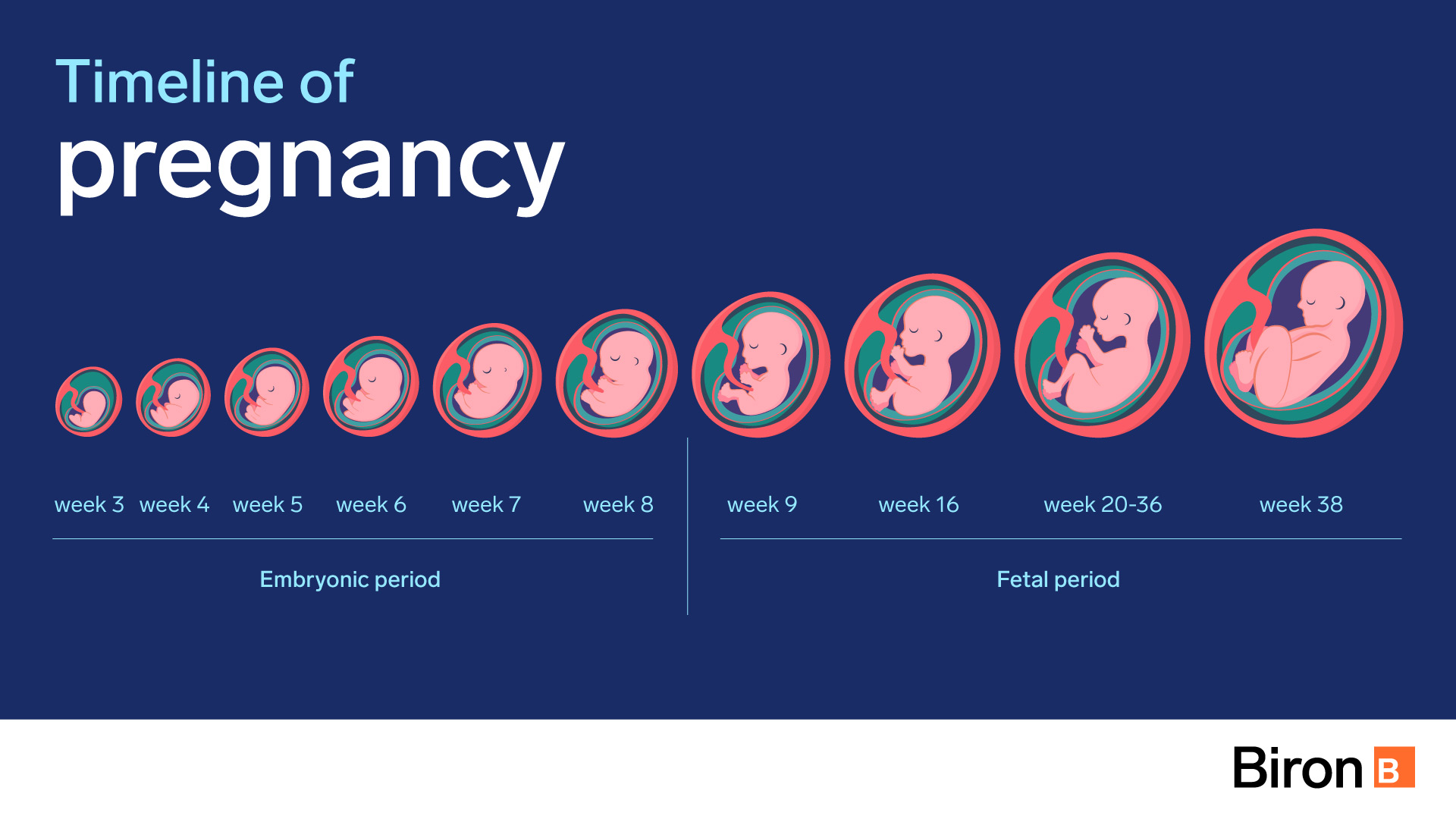Non-invasive prenatal screening (NIPT) Verifi or Harmony test
Detect genetic abnormalities by analyzing fetal DNA in the mother's blood
This screening test is a non-invasive prenatal genomic test (NIPT). It is available for any pregnant woman interested in knowing the risk of carrying a fetus with trisomy 21 (Down syndrome) or other genetic abnormalities such as trisomy 18 or 13.
HARMONY
From the 10th week
Blood test
Fetal DNA analysis using maternal blood sample
Detects:
- Main trisomies (21, 18 and 13)
- Sex of the fetus
Results within 5 to 10 working days
$449
VERIFI
From the 10th week
Blood test
Fetal DNA analysis using maternal blood sample
Detects:
- Main trisomies (21, 18 and 13)
- Sex of the fetus
Results within 3 to 5 working days
$429
Most private insurers reimburse all or most of these charges. We recommend that you check with your insurer before beginning the process.
To obtain a medical prescription for the Verifi test, please provide this order form to your doctor. If you wish to know the fetal sex, make sure your doctor selects that option. Once completed and signed by your doctor, the form will serve as the prescription.
Find a Biron service centre near you
Get an appointment soon at a service centre in the following regions:
- Montreal
- Laval
- Montreal North Shore
- Montreal South Shore
- Eastern Townships
- Trois-Rivières
- Sainte-Foy
A medical prescription is required for these tests. Results are sent to your doctor for interpretation.
Did you know?
Down’s syndrome, or trisomy 21, is generally not hereditary and is caused by the presence of an extra chromosome in the 21st pair. This means that people with Down syndrome have 47 chromosomes in a cell, instead of 46. [1]
Insist on the reliability of a non-invasive prenatal genomic test
Simple, safe and reliable, prescription prenatal testing is available at our Biron service centres.
Why should I consider a non-invasive prenatal screening test?
Non-invasive prenatal screening can reveal very early in a pregnancy whether a baby has a high probability of carrying one of the trisomies detected:
- Trisomy 21 (Down syndrome)
- Trisomy 18 (Edwards syndrome)
- Trisomy 13 (Patau syndrome)
As of the 9th and 10th weeks of pregnancy, enough fetal DNA is released into the mother’s bloodstream to allow this test to be performed.

When is non-invasive prenatal screening especially important?
Although testing is recommended for all pregnant women interested in knowing their risk of having a baby with genetic abnormalities, certain factors heighten the importance of having a prenatal screening test. For example:
- You previously carried a baby with trisomy 21, 18 or 13.
- You will be 40 years of age or older at the time of delivery.
- You are carrying twins.
If the test results indicate a higher risk, or if there is any doubt, a physician will recommend a diagnostic test, i.e. amniocentesis.
Frequently asked questions
How do I prepare for a prenatal screening test?
No specific preparation is required. You do not need to fast before the blood test. However, you must have your medical prescription with you and should be 10 weeks pregnant or more.
How does a non-invasive prenatal screening test work?
It involves a simple blood test.
Is a prenatal screening test possible for a pregnancy with twins?
Yes, the tests can detect trisomy 21, 18 and 13 in each of the fetuses.
Is the prenatal screening test reimbursed by the RAMQ?
The screening tests offered by Biron are not covered by Quebec’s health insurance plan (RAMQ). The cost ranges from $400 to $900, depending on the test and options chosen. These costs may be reimbursed by most private insurers, but it is your responsibility to check with your insurer beforehand.
What does a low-risk result mean?
This result is reassuring. A low-risk result indicates that the probability of your baby carrying one of the trisomies tested for is very low. We encourage you to discuss the interpretation of your results with your doctor.
What does a high-risk result mean?
Although this result is not 100% guaranteed, a high risk indicates that the baby probably has one of the trisomies being tested for. Only a diagnostic test can confirm whether the baby is indeed a trisomy carrier.
When should I have an amniocentesis?
If the result of the screening test indicates a high risk, or if there is any doubt, your doctor will recommend a diagnostic test, i.e. amniocentesis.
Sources1
- Regroupement pour la Trisomie 21, « Qu’est-ce que la trisomie 21? », https://trisomie.qc.ca/a-propos/quest-ce-que-la-trisomie-21/
